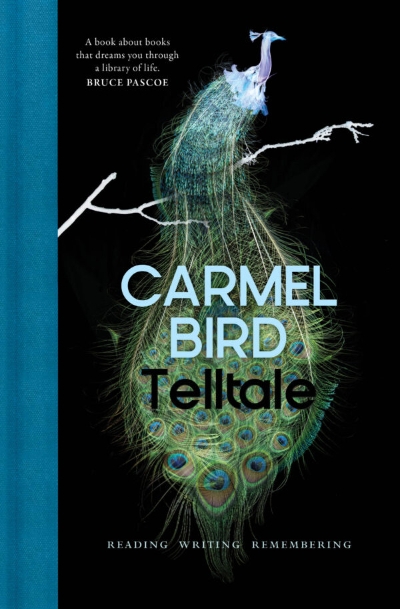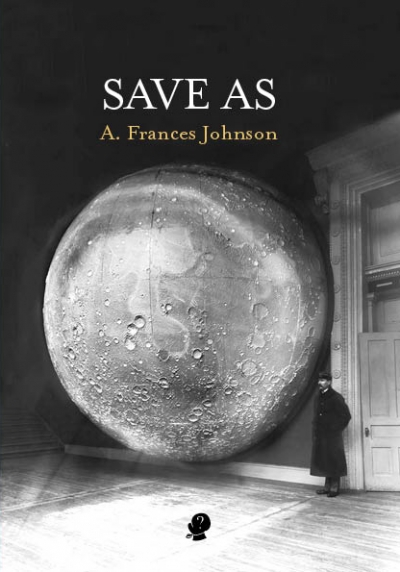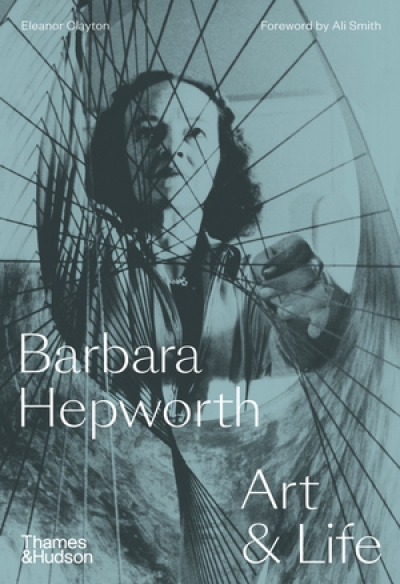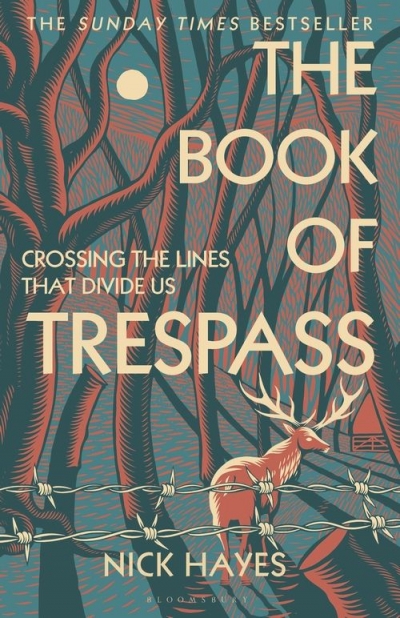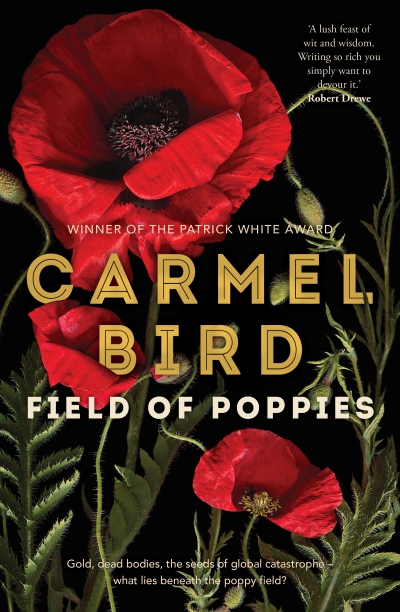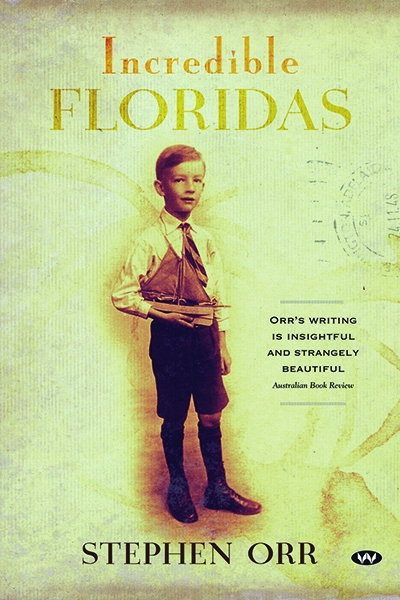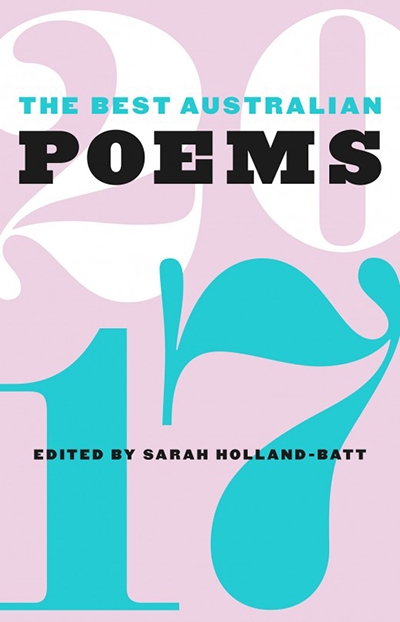Gregory Day

Gregory Day is a novelist, poet, and composer from the Eastern Otways region of southwest Victoria, Australia. His novel A Sand Archive was shortlisted for the 2019 Miles Franklin Award and his essay 'Summer on The Painkalac' was also shortlisted for the 2019 Nature Conservancy Nature Writing Prize. He was joint winner of the 2011 ABR Elizabeth Jolley Short Story Prize for 'The Neighbour's Beans'.
‘The flag’s taking off for that filthy place, and our jargon’s drowning out the drums.’ A. Frances Johnson’s new collection begins with this quote from Rimbaud, which immediately betrays her appreciation for both the European avant-garde and the viral nature of the context from which it emerged. Johnson is a poet, painter, novelist, and academic acutely sensitive to such colonial haunts, ... (read more)
Constantin Brâncuşi famously said that making a work of art is not in itself a difficult thing: the hard part is putting oneself in the necessary state of mind. Eleanor Clayton’s new biography of English sculptor Barbara Hepworth is in its own way a celebration of just how devoted Hepworth was to maintaining that elusive state of mind to which Brâncuşi referred. Unlike Sally Festing’s Hepw ... (read more)
The concept of ‘trespass’ first entered English law records in the thirteenth century. That this appearance fell between the arrival of William the Conqueror in 1066 and the reformation of the English church by Henry VIII in 1534 is no accident. As Nick Hayes shows in The Book of Trespass, the process by which the English commons were enclosed by the statutes of the wealthy landowning class wa ... (read more)
When Claude Monet lived in Argenteuil in the 1870s, he famously worked in a studio-boat on the Seine. He painted the river, he painted bridges over the river, he painted snow, the sky, his children and his wife, and, famously, a field of red poppies with a large country house in the background. Argenteuil is to Paris roughly what Heidelberg and Templestowe are to Melbourne. Once a riparian haven f ... (read more)
Despite the detailed excavatory art of the finest biographies, sometimes it takes the alchemical power of fiction to approximate the emotional geography of a single human and his or her milieu. Stephen Orr’s seventh novel, a compelling and at times distressing portrait of a twentieth-century Australian painter and his family, is one such book. Roland Griffin’s resemblance to that of Russell Dr ... (read more)
When W.H. Auden took the cue for his poem ‘Musée des Beaux Arts’ from Brueghel’s Fall of Icarus, he did not presume the reader’s knowledge of the iconography of the painting but rather sprang open its central and universal theme, which touches all our lives: how ‘dreadful martyrdom must run its course’. It is easy to think our lurid times are perhaps unsuited to such universalities, g ... (read more)
Georgie heard it too. On the very first morning of this story, though so much had gone beforehand. The usual warbling of the typical magpies, if anything so mysteriously complex as a magpie’s song can be called typical. There she’d lie, day after day, alongside Muir in their countless beds, in cramped corner flats and large creaking homesteads, in cold fibro shacks and bedsits baking for the l ... (read more)
In the weeks and months after his Moira died he’d whittled off the callers, one by one, until even gentle Dave O’Donnell, his oldest friend, felt like a stranger when he came by to drop off a family-size pie. This was an unlikely turn of behaviour. In the resolute stare he gave Dave at the side door of the house, there was a grief that could brook no niceties, despite their history together. D ... (read more)

